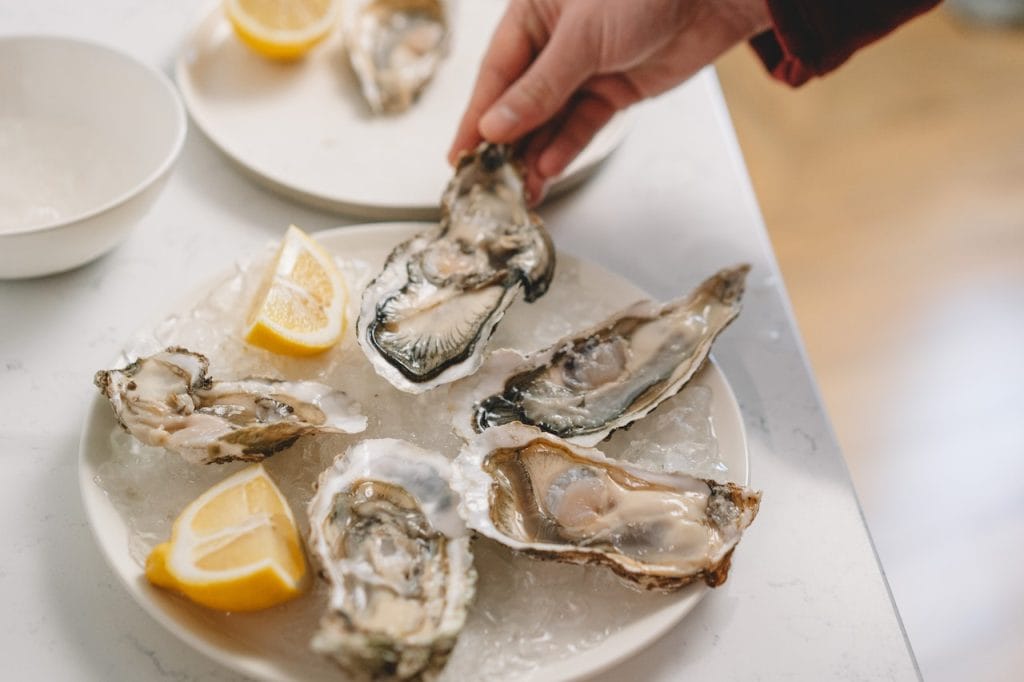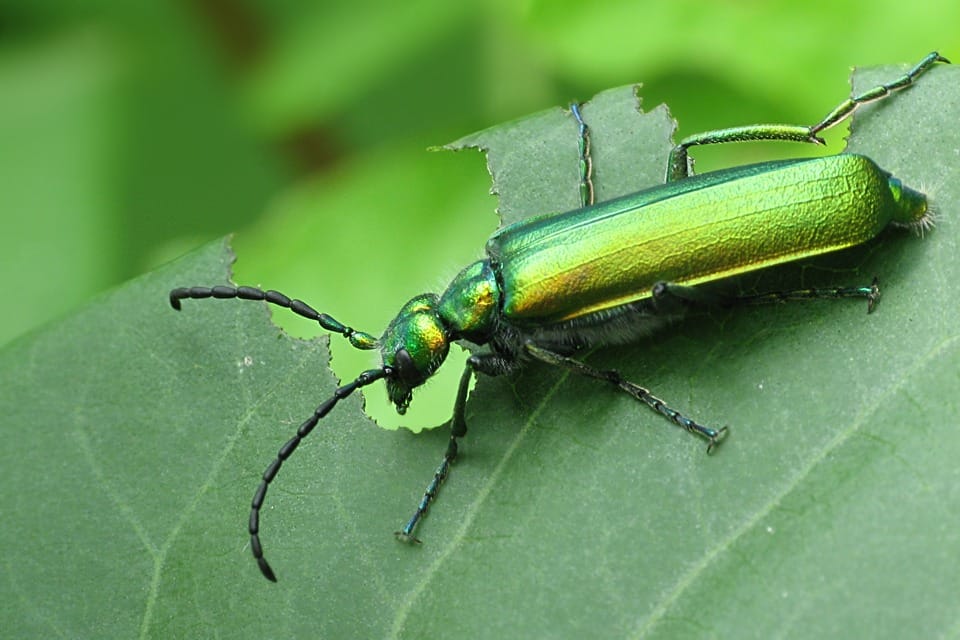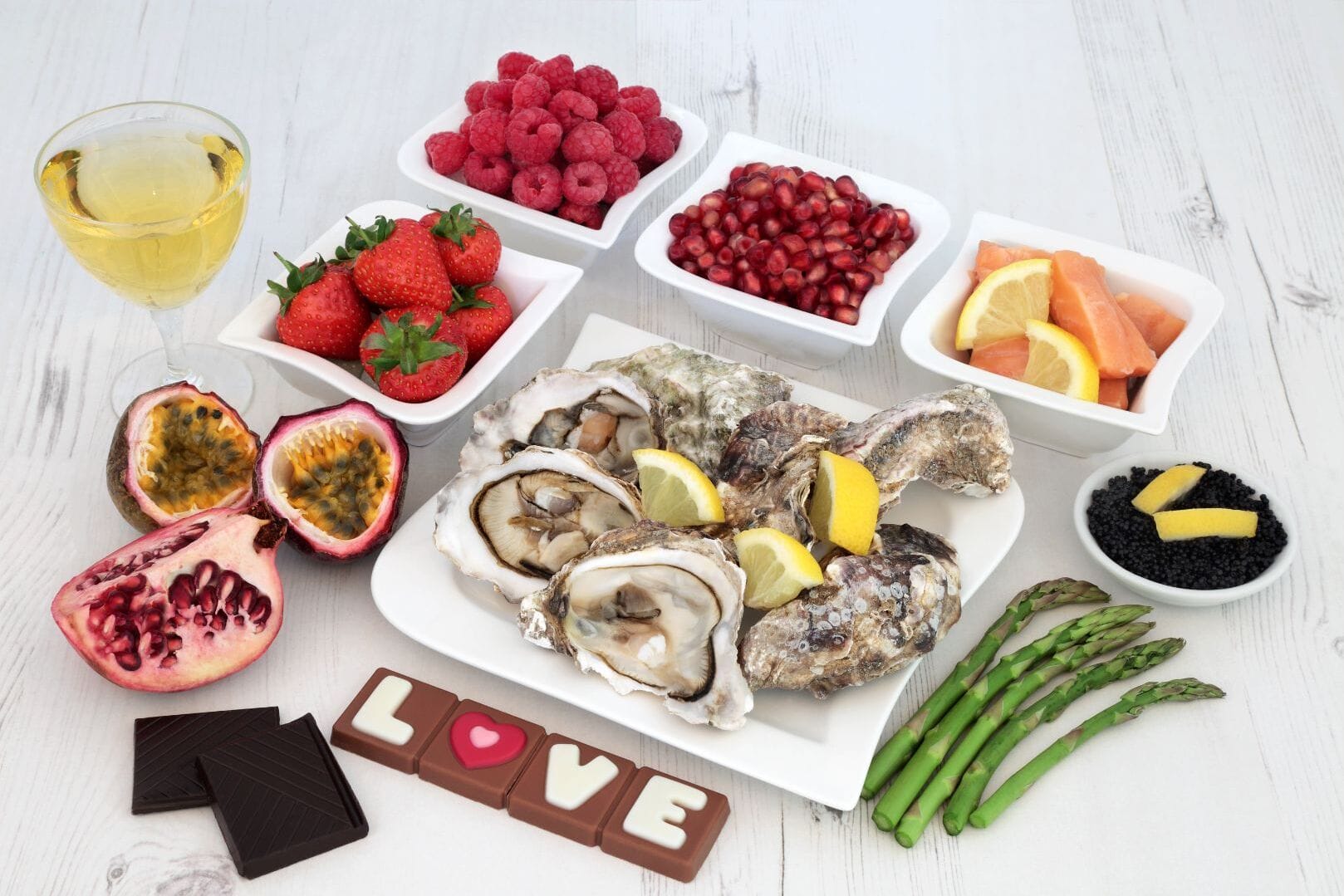Certain foods, such as chocolate, oysters (and other seafood) or avocados, are believed to promote potency and increase sex drive. We decided to check whether they have such properties.
The media talk about the miraculous stimulating properties of some products (for example, “Komsomolskaya Pravda", "Championship", TV channel "World", "Fontanka", etc.). Can be found articles for this topic on thematic culinary portals, on store websites products And pharmacies, on entertainment resources. Internet users are interested, is it really aphrodisiacs work in services questions And answers.
Aphrodisiacs - these are substances or phenomena that stimulate sexual arousal. They are named after the ancient Greek goddess of love Aphrodite. They are usually divided into two main groups: psychophysiological (visual, auditory, olfactory, etc.) and internal (that is, coming from food or drink). In this text we will not touch on the first group, as well as medications, drugs and alcohol. We will examine whether foods that are often characterized as aphrodisiacs can have a similar effect on the human body. They are believed to help increase libido (that is, sexual desire, desire to engage in sexual contact), and strengthen male potency (that is, the physical ability to perform sexual intercourse).
Aphrodisiac properties have been attributed to dozens of foods in different cultures and in different historical eras: from oysters (according to rumors, the most famous lover in history, Giacomo Casanova, ate dozens of these seafood before dates with women) and caviar to artichokes and chocolate. Reasons there's a lot of this. For example, some foods resemble genitals in appearance and are therefore considered arousing - oysters, ginger and ginseng roots, asparagus. Others are associated with the process of reproduction in the animal world - caviar, eggs, meat from the reproductive organs of animals. Still others cause a physiological reaction similar to arousal (for example, spicy food that makes a person feel hot). However, the list of supposed aphrodisiacs is not limited to the listed products - they also often include honey, avocado, watermelon, some plants and much more.

We were unable to find reputable studies confirming the effectiveness of products that are commonly called aphrodisiacs. For example, specialists at the Mayo Clinic, one of the world's largest medical research centers, notethat chocolate appears to be ineffective on libido and potency in women and men. To the same conclusion came in 2010 by researchers from Queen's University in Kingston (Canada).
In 2015, scientists from the University of California at Irvine (USA) made review existing scientific works on aphrodisiacs. They found that the effectiveness of products that are credited with the ability to stimulate potency, such as honey (with the exception of the so-called mad honey, which we will talk about separately), oysters and chocolate, has not been proven. Also, scientists have found no reason to believe that rhinoceros horn powder has any effectiveness - because of the stimulating properties attributed to it, these animals are hunted by poachers. Regarding some exotic products, e.g. ginkgo (the leaves of this tree are widely used in Chinese traditional medicine), ginseng, poppies (a plant native to the Andes, also called Peruvian ginseng) and Tribulus (Tribulus Terrestris is a fruit-bearing plant from the Mediterranean region), there are some encouraging results, but the researchers note that the data is still too small to draw firm conclusions about their effectiveness.
However, many foods considered aphrodisiacs are very nutritious and contain vitamins and beneficial microelements, which experts advise Use for erectile dysfunction or infertility. For example, according to specialists from the Johns Hopkins School of Medicine (USA), many men experiencing erection problems have a deficiency vitamin D - you can replenishby adding seafood and egg yolks to your diet. Another microelement influencing on the ability to erection and male fertility, - zinc (it can be get from oysters, crabs and nuts). In case of male infertility, the use has shown some effectiveness L-carnitine, which contained in asparagus and avocado. So for people experiencing problems caused by a lack of these substances, some aphrodisiacs can actually be very effective. However, those who do not have such problems will not receive any visible effect. Healthy nutrition healthy for the heart and blood vessels, directly related to potency and libido, as well as for general well-being and, as a result, sexual desire. True, we are talking here more about lifestyle than about emergency assistance before intimacy, so including seafood, avocados or nuts in your diet will not be out of place, regardless of their supposedly miraculous properties.
In addition, specialists notethat products can work as aphrodisiacs due to the placebo effect if the person consuming them is truly convinced of their effectiveness.

At the same time, chocolate, despite the aphrodisiac properties attributed to it for centuries, may not only not increase, but even reduce sexual desire. So, in 2021, scientists from the University of California at San Diego (USA) asked more than 700 men and women over 20 years old about how often they consume chocolate and how they rate their interest in sex on a scale of one to ten. It turned out that women who ate chocolate more often were less interested in sexual intercourse. There was no such significant correlation in men. It's funny, considering that data According to the National Confectionery Association of the United States, in 2023, 92% of Americans planned to give their significant other chocolate or candy for Valentine's Day.
American journalist Corinne Miller in 2015 decided to conduct experiment: she spent the whole day eating foods considered aphrodisiacs and recording her impressions. Despite eating honey, avocados, oysters, chocolate, watermelon and other foods, on the day of the experiment she felt nothing but nausea, caused, in her opinion, by overeating. The next day, she thought the aphrodisiacs were starting to work, but Miller notes that she probably wouldn't have noticed a difference at all if she hadn't been so closely monitoring her libido (which brings us back to the placebo effect).
Some exotic substances traditionally used as aphrodisiacs can pose serious dangers. For example, using mad honey, which we already talked about above, maybe call nausea, dizziness and heart problems. The reason is that it is produced from rhododendron, the pollen of which contains the toxic substance grayanotoxin.
Another potentially dangerous remedy is Spanish fly. It is assumed that the powder from these insects, consumed as food, should enhance potency. However, cantharidin (a toxic substance used by these animals as a defense mechanism) can cause nausea, bloody vomiting, urinary tract irritation, and kidney dysfunction. In rare cases, patients experience priapism - an erection that lasts too long and does not end with the onset of orgasm. Priapism can lead to tissue damage and erectile dysfunction - hardly the effect people expect from an aphrodisiac.

Another dangerous one aphrodisiac, called "chang-su" (or more poetically, "love stone") in China, is made from bufo toad toxins, which contain cardioactive steroids. Ingestion of these substances may cause cause heart problems and even death.
Yohimbine - a substance obtained from the bark of the yohimbe tree, also has a reputation as an aphrodisiac. Moreover, side effects of its use include tachycardia, chills, nausea, mania, and headaches. Deaths are also known.
There is very little scientific research on aphrodisiacs at this time, but what exists does not support the effectiveness of foods such as oysters, chocolate, honey, avocado, etc. Rhino horn powder does not appear to be effective either. Some exotic plants, such as ginkgo or ginseng, may have a similar effect, but more research is needed to confirm this. A number of substances known as aphrodisiacs are actually dangerous to health. At the same time, if you adhere to a healthy diet, it in itself can have a beneficial effect on the body, including potency. For serious health problems, specialists recommend do not rely on mythical aphrodisiacs, but consult a doctor.
Mostly not true
Read on the topic:
- Is it true that perfumes with pheromones can increase a person's attractiveness?
- Is it true that sex education in school leads to early sexual debuts?
- Is it true that chocolate stimulates brain function?
If you find a spelling or grammatical error, please let us know by highlighting the error text and clicking Ctrl+Enter.






